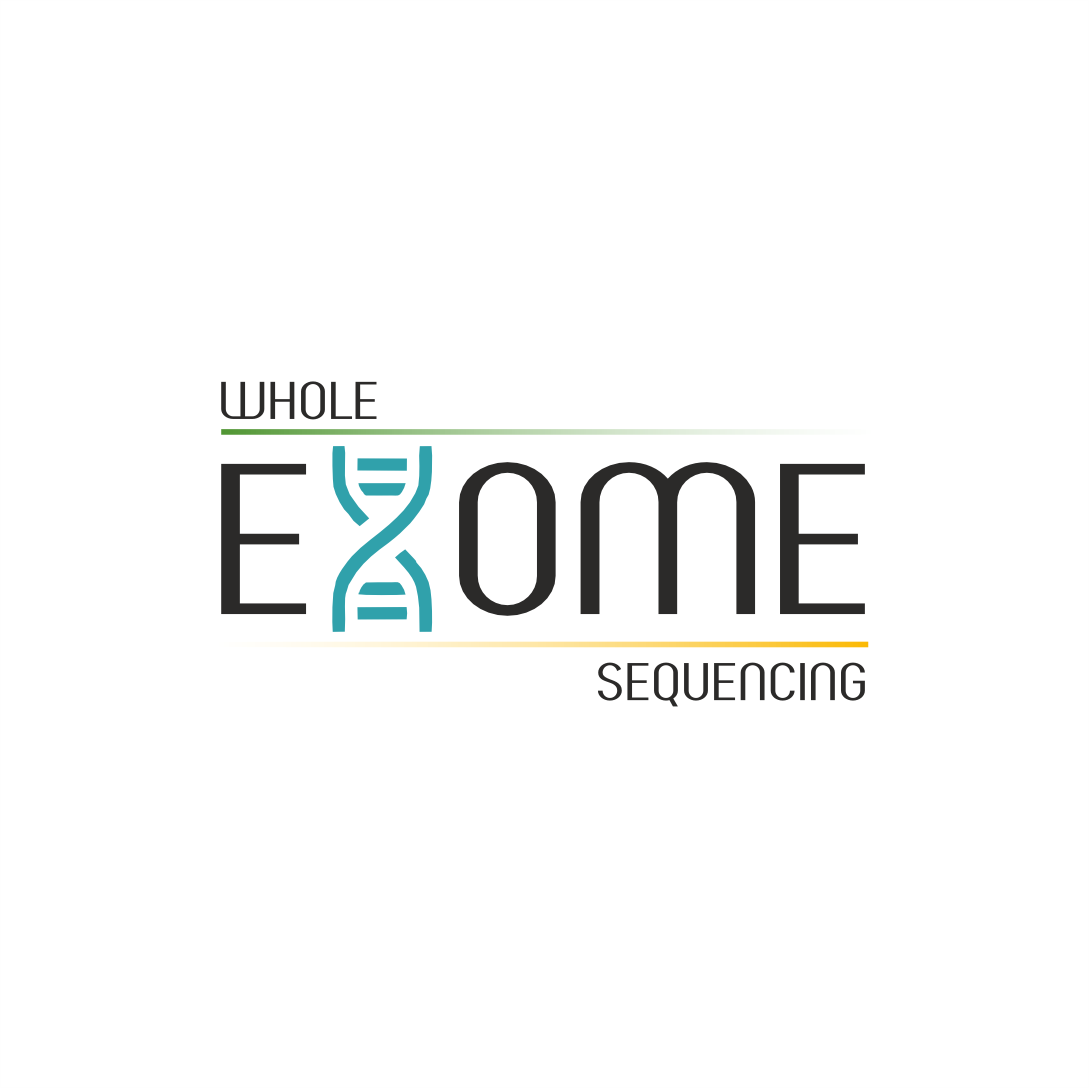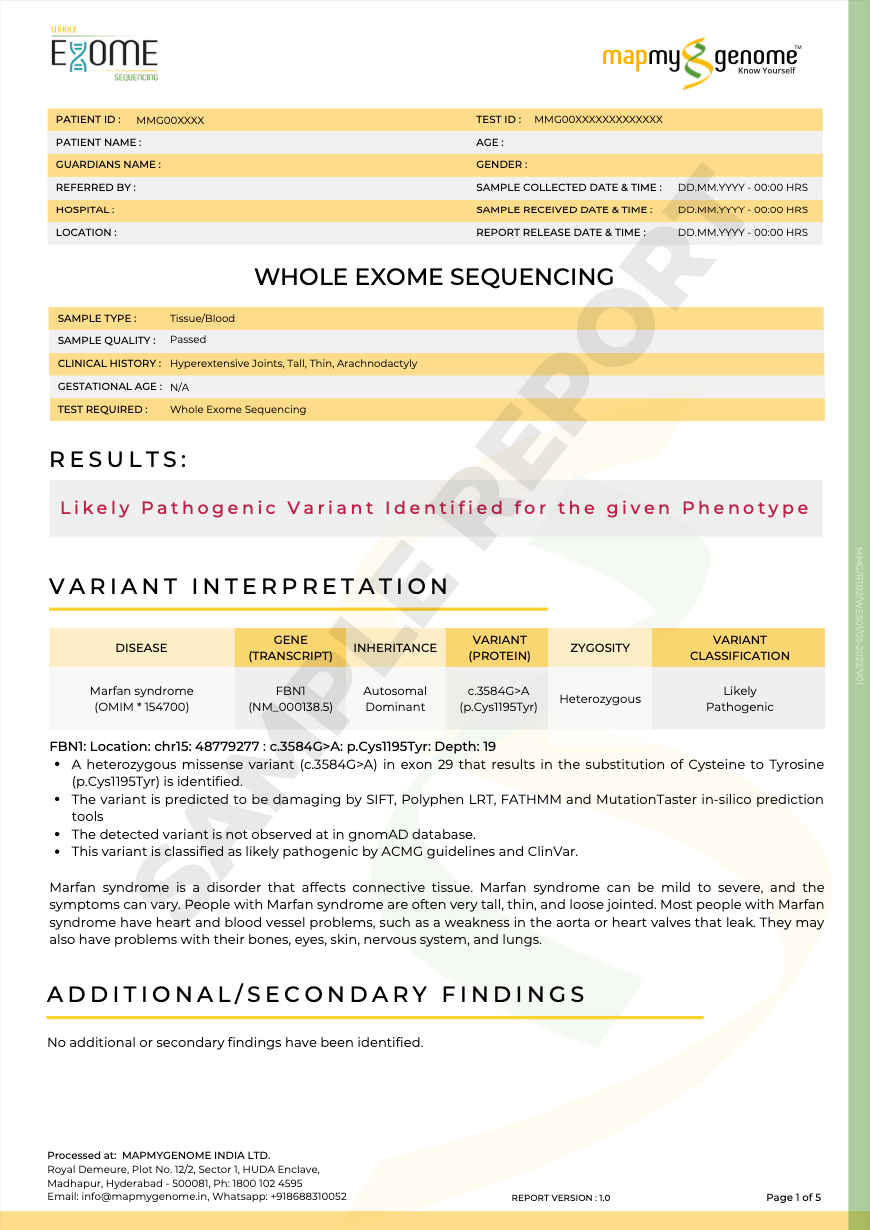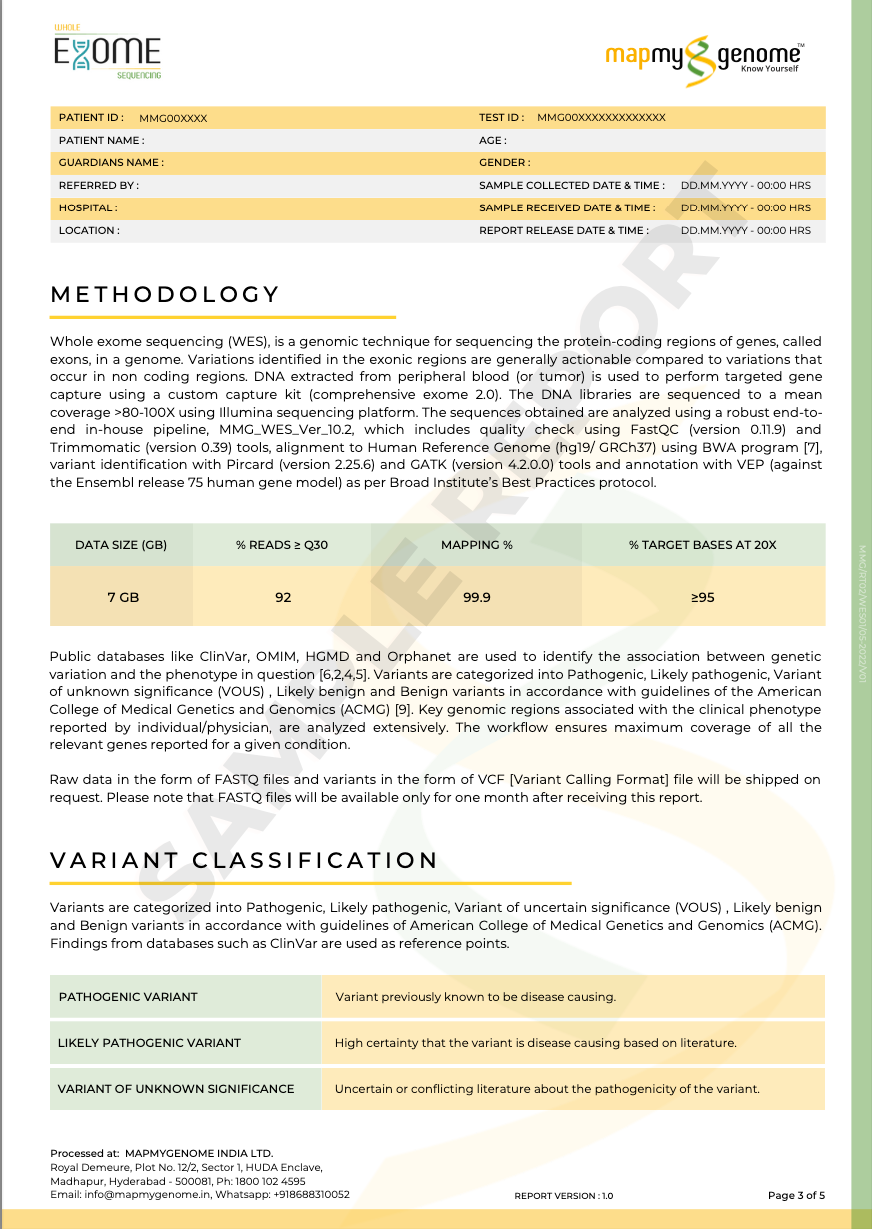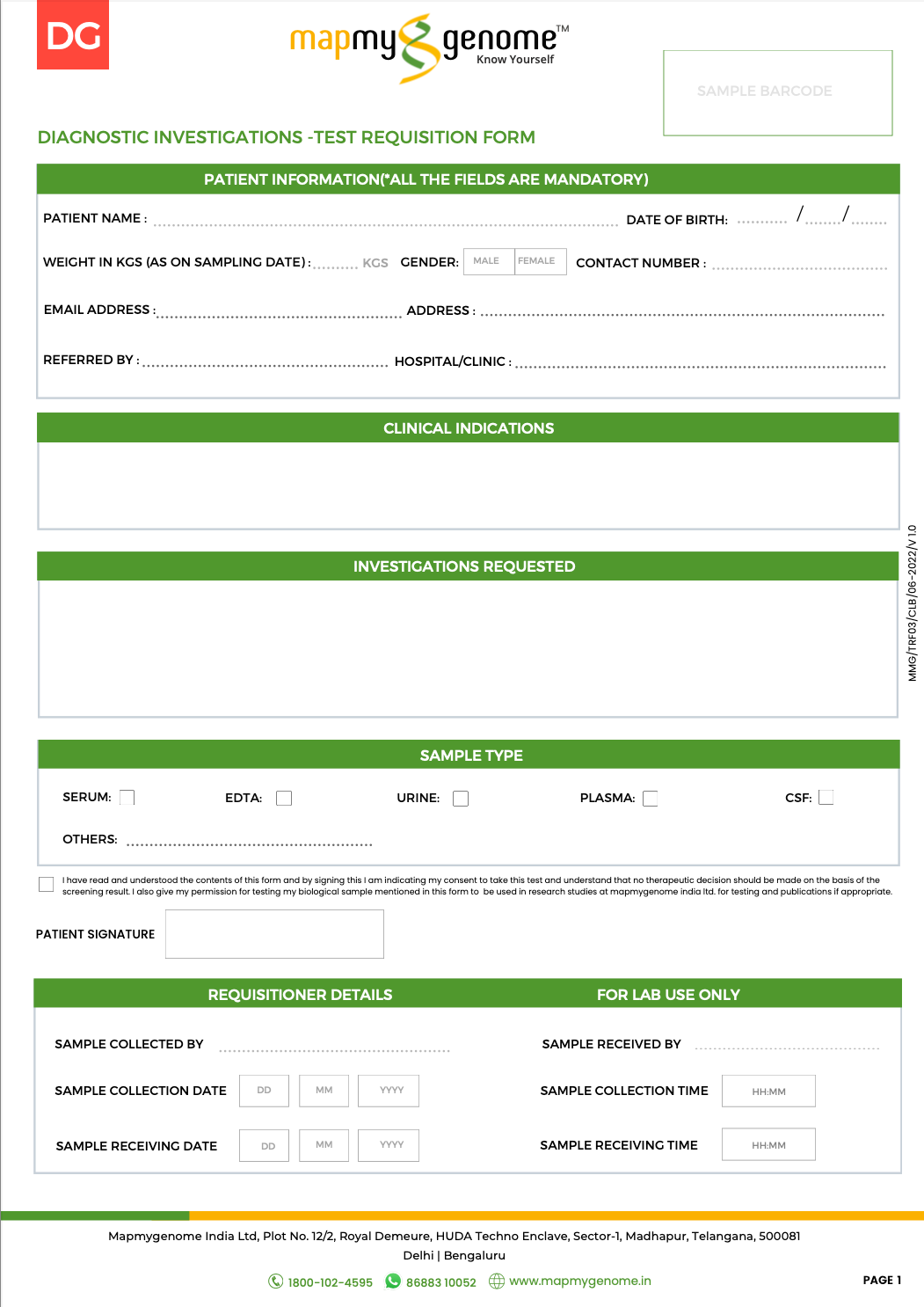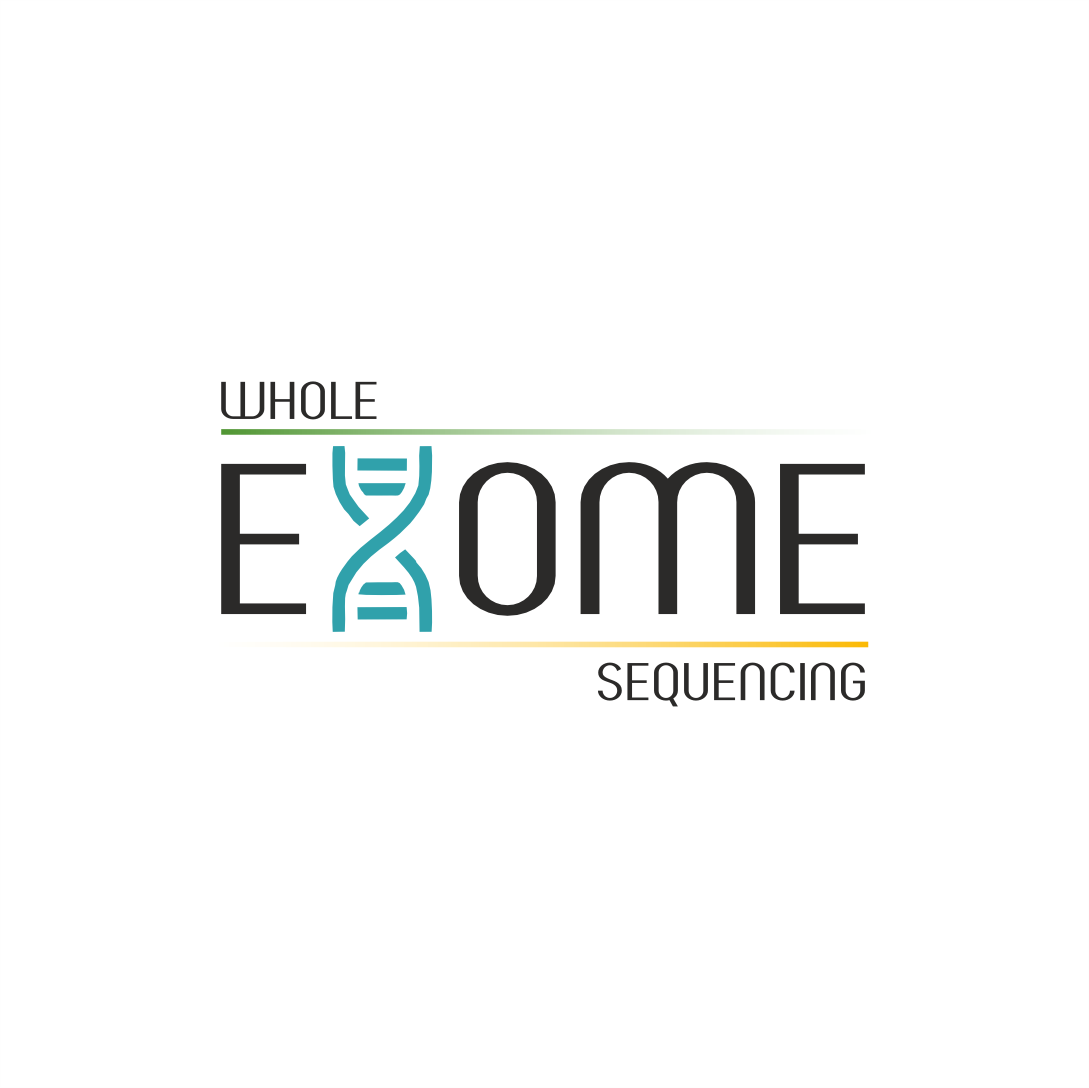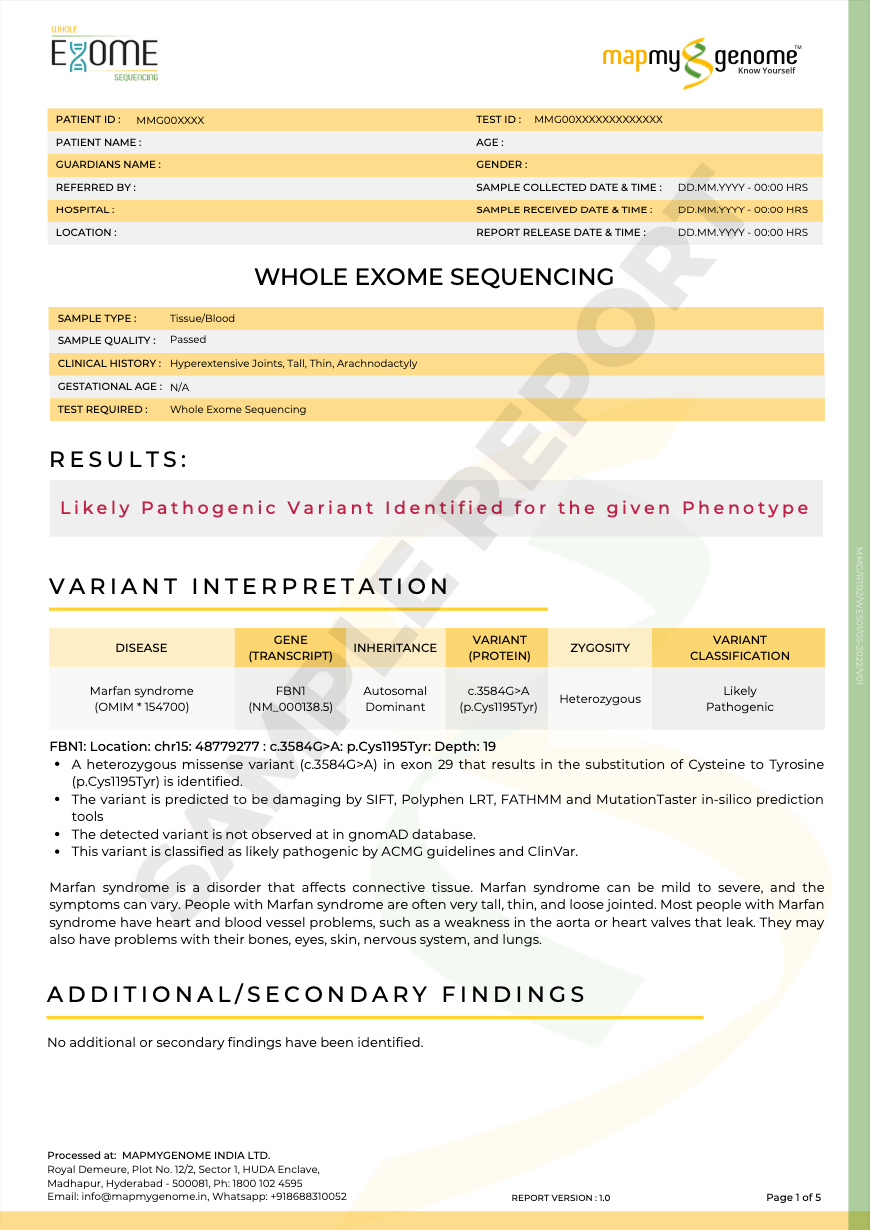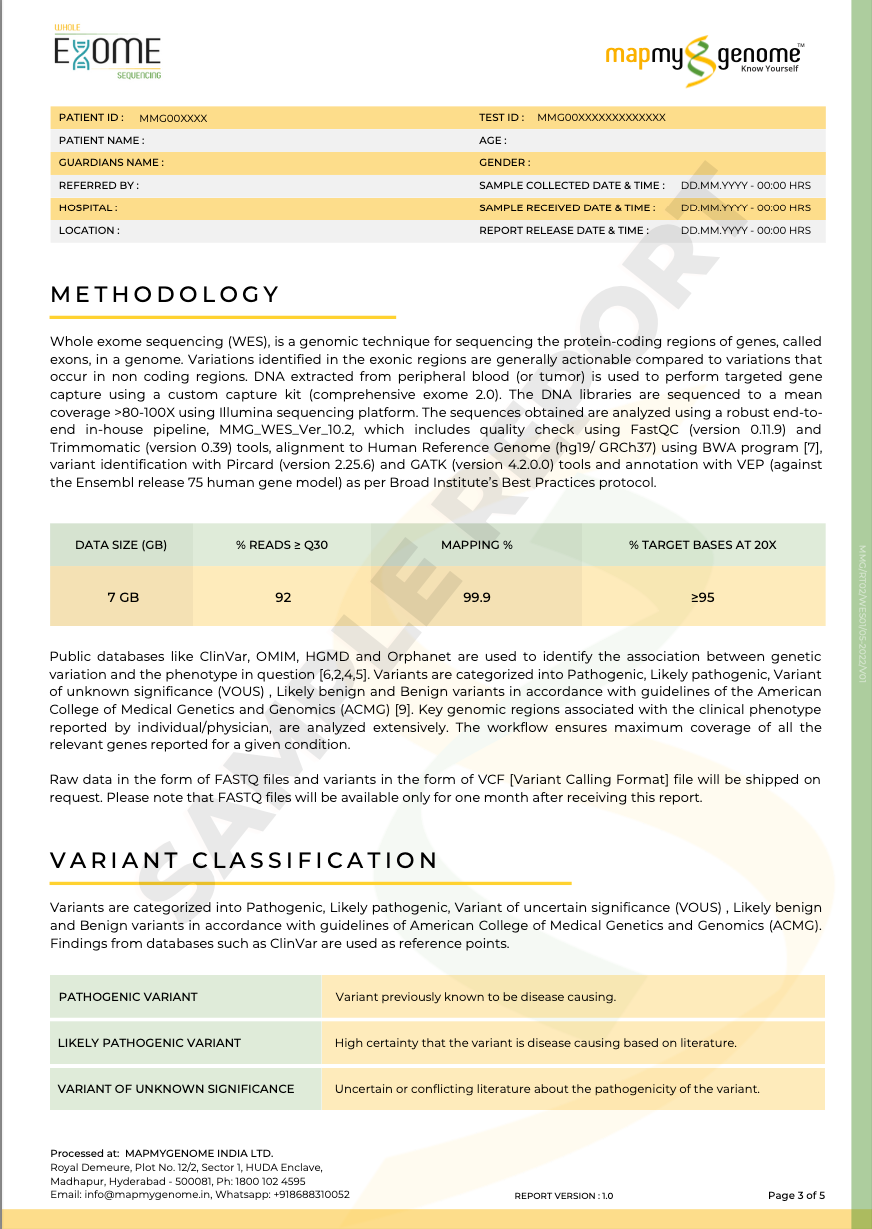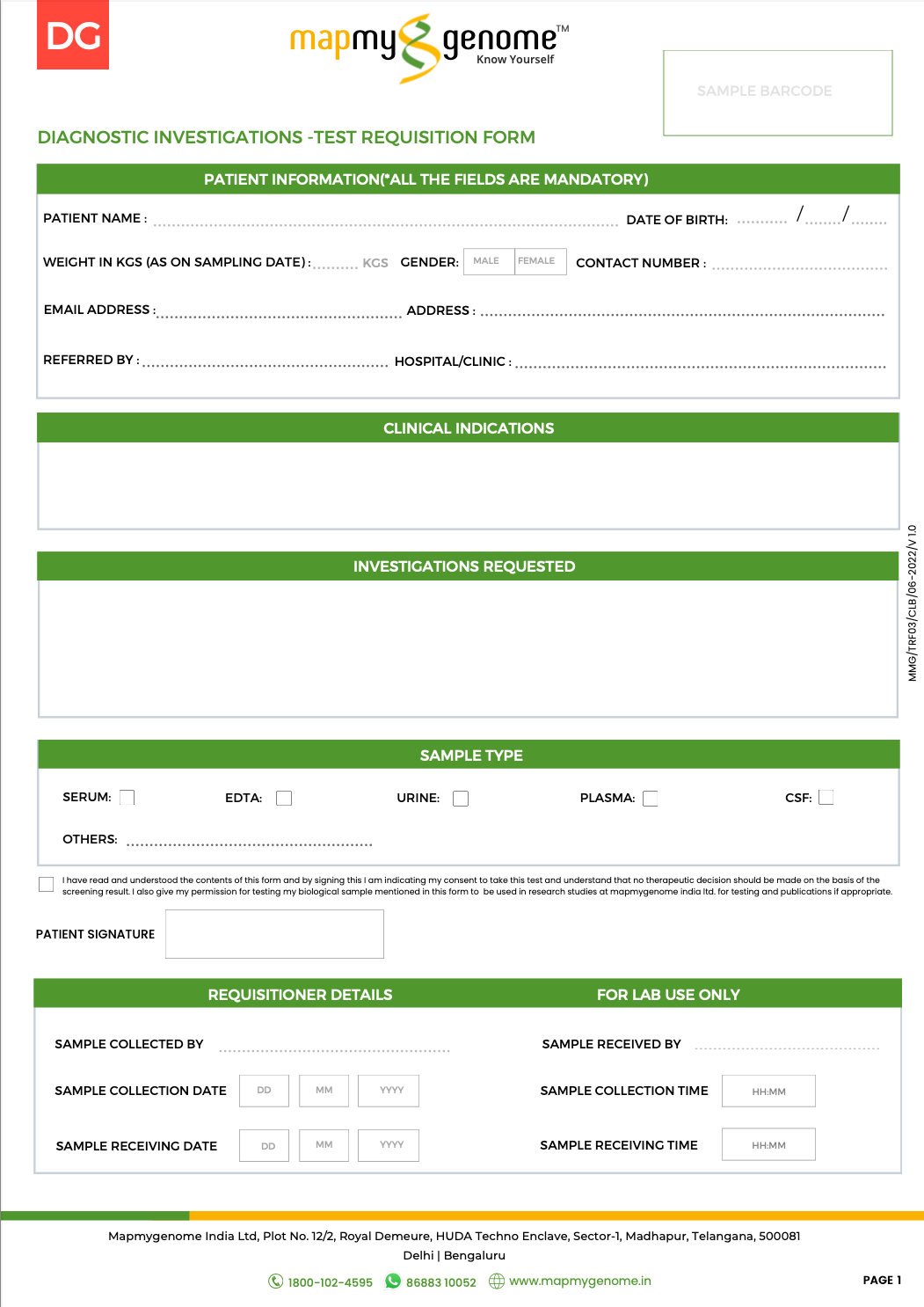काश मुझे पहले पता होता।
ये छह शब्द दिल दहला देने वाले हैं—और कैंसर के मामले में ये बहुत आम हैं। सिर्फ ये शब्द ही डर पैदा कर सकता है। लेकिन डर से भी बदतर कुछ है: पछतावा । पछतावा कि आपने समय रहते कदम नहीं उठाया। पछतावा कि आपने लक्षणों को नज़रअंदाज़ किया। पछतावा कि आपको कभी पता ही नहीं चला कि आप जोखिम में हैं।
अगर हम आपसे कहें कि कैंसर हमेशा आकस्मिक नहीं होता? कि कई मामलों में, आपके डीएनए में शुरुआती चेतावनी के संकेत मौजूद हो सकते हैं ? और आप इसके बारे में कुछ कर सकते हैं?
एक ऐसी बातचीत में आपका स्वागत है जो किसी की जान बचा सकती है — शायद आपकी भी।
कैंसर वास्तव में क्या है?
कैंसर तब होता है जब शरीर की कोशिकाएं अनियंत्रित रूप से बढ़ने लगती हैं। अपनी सामान्य मृत्यु के बजाय, ये अनियंत्रित कोशिकाएं गुणा होकर अक्सर ट्यूमर बनाती हैं या पूरे शरीर में फैल जाती हैं। कैंसर के 100 से अधिक प्रकार हैं, और जबकि कुछ जीवनशैली से प्रभावित होते हैं, कई आनुवंशिकी से जुड़े होते हैं ।
भारत में, हम अक्सर कैंसर को तंबाकू या प्रदूषण से जोड़ते हैं - और हालांकि ये प्रमुख कारण हैं, लेकिन वंशानुगत आनुवंशिक उत्परिवर्तन की भूमिका के बारे में कम बात की जाती है ।
कैंसर किस कारण होता है? वो आनुवंशिकी जिसके बारे में आप नहीं जानते थे
आइए एक गलत धारणा को दूर करें: सभी कैंसर दुर्भाग्य नहीं होते । वास्तव में, 10-15% कैंसर आनुवंशिक होते हैं , जो आंखों के रंग या कद की तरह पीढ़ियों से चले आ रहे हैं। ये वंशानुगत उत्परिवर्तन आपके जोखिम को काफी हद तक बढ़ा देते हैं।
सबसे प्रसिद्ध उदाहरणों में से एक BRCA1 और BRCA2 जीन हैं, जिनमें उत्परिवर्तन से स्तन और अंडाशय के कैंसर का खतरा काफी बढ़ जाता है। लेकिन यह तो बस शुरुआत है। दर्जनों अन्य आनुवंशिक सिंड्रोम भी हैं - जैसे लिंच सिंड्रोम , ली-फ्राउमेनी और अन्य - जो कोलोन, गर्भाशय, अग्नाशय, प्रोस्टेट और यहां तक कि रक्त कैंसर से जुड़े हैं।
🩺 डॉ. सुरुचि अग्रवाल, क्लिनिकल जेनेटिकिस्ट:
“परिवार में कैंसर का इतिहास होना एक चेतावनी की तरह है। आनुवंशिक परीक्षण से हमें इसकी जल्दी जांच करने और कैंसर होने से पहले ही कार्रवाई करने में मदद मिलती है।”
यह भी पढ़ें: कैंसर के लिए आनुवंशिक परीक्षण को समझना: आपको क्या जानना चाहिए
किन लोगों को अपने कैंसर के जोखिम के बारे में सोचना चाहिए?
जोखिम में होने के लिए बीमार होना जरूरी नहीं है। आपको बस जानकारी होनी चाहिए।
यहां कुछ संकेत दिए गए हैं जिनसे पता चलता है कि आपको आनुवंशिक परीक्षण कराने की आवश्यकता हो सकती है:
- एक से अधिक करीबी रिश्तेदारों को कैंसर होना
- आपके परिवार में 50 वर्ष की आयु से पहले स्तन, अंडाशय या कोलोन कैंसर का निदान हुआ हो।
परिवार में कई प्रकार के कैंसर का इतिहास
- आपके परिवार में ज्ञात आनुवंशिक उत्परिवर्तन
- आपको या आपके परिवार के किसी पुरुष सदस्य को स्तन कैंसर हुआ था
- विशिष्ट जीन उत्परिवर्तन के लिए जानी जाने वाली जातीय पृष्ठभूमि
भले ही आप इन मानदंडों को पूरा न करें, फिर भी आपके जीन मायने रखते हैं। आनुवंशिकी इस बात को प्रभावित कर सकती है कि आपका शरीर कार्सिनोजेन को कैसे संसाधित करता है, दवाओं पर कैसे प्रतिक्रिया करता है, और भी बहुत कुछ।
प्रारंभिक पहचान केवल परीक्षणों तक सीमित नहीं है—यह अंतर्दृष्टि के बारे में भी है।
अधिकांश कैंसर, यदि प्रारंभिक अवस्था में पता चल जाए, तो उनका इलाज संभव है। लेकिन भारत में, 60% से अधिक कैंसर का निदान अंतिम अवस्था में होता है , जब उपचार अधिक जटिल हो जाता है और जीवित रहने की दर में तेजी से गिरावट आती है।

यहीं पर आनुवंशिक परीक्षण और जोखिम मूल्यांकन एक क्रांतिकारी भूमिका निभाते हैं। वे न केवल कैंसर का पता लगाते हैं, बल्कि उसकी भविष्यवाणी भी करते हैं ।
🩺 डॉ. प्रसाद नारायणन, साइटकेयर अस्पताल में ऑन्कोलॉजिस्ट:
"अगर आपको पता होता कि आपके डीएनए में एक गुप्त खतरा छिपा हुआ है, तो क्या आप उसे खुद तक पहुंचने से पहले ही ढूंढना नहीं चाहेंगे?"
आनुवंशिक परीक्षण की शक्ति: एक ऐसा मामला जिसने एक जान बचाई
बेंगलुरु की रहने वाली 33 वर्षीय रिया (नाम बदला हुआ) की कहानी लीजिए, जिनके परिवार में स्तन कैंसर का गंभीर इतिहास रहा है। वह स्वयं बीमार नहीं थीं, लेकिन उनकी चाची और दादी को 45 वर्ष की आयु से पहले ही इस बीमारी का पता चल चुका था। एक आनुवंशिक परीक्षण से पता चला कि उनमें BRCA1 उत्परिवर्तन मौजूद है।
इस जानकारी के आधार पर, उन्होंने गहन जांच और जीवनशैली में बदलाव शुरू किए। एक साल बाद, नियमित एमआरआई के दौरान एक छोटा सा ट्यूमर पाया गया। इसका जल्दी पता चल गया और इसे सफलतापूर्वक निकाल दिया गया।
“अगर मैंने वो टेस्ट नहीं करवाया होता, तो मैं एमआरआई भी नहीं करवाती। शायद मुझे समय रहते बीमारी का पता ही नहीं चलता।” — रिया
यह कोई दुर्लभ घटना नहीं है। ये भविष्यसूचक चिकित्सा की खामोश जीत हैं।
अधिक जानें: आनुवंशिक कैंसर पैनल - विभिन्न प्रकार के कैंसर के जीनों को कवर करने वाला संपूर्ण एक्सोम आधारित विश्लेषण
तो आप क्या कर सकते हैं? ये रही आपकी कार्य योजना।
1. अपने परिवार के इतिहास को जानें
सवाल पूछना शुरू करें। यह रिकॉर्ड करें कि किसे कैंसर हुआ था, किस प्रकार का कैंसर हुआ था और किस उम्र में हुआ था।
2. अपने डॉक्टर से बात करें
अगर कोई पैटर्न दिख रहा है, तो उसे सामने लाएं। यह न मानें कि कुछ हुआ ही नहीं।
3. आनुवंशिक परीक्षण पर विचार करें
विशेषकर यदि आप उच्च जोखिम वाले मानदंडों को पूरा करते हैं। प्रक्रिया सरल है — अक्सर केवल लार का नमूना लिया जाता है — और यह भारत में उपलब्ध है।
मैपमाईजीनोम भारत में व्यक्तिगत जीनोमिक्स के क्षेत्र में सबसे भरोसेमंद अग्रणी कंपनियों में से एक है। आनुवंशिक परीक्षणों की विस्तृत श्रृंखला के साथ, कंपनी व्यक्तियों को छिपे हुए स्वास्थ्य जोखिमों का पता लगाने, सोच-समझकर निर्णय लेने और लक्षण प्रकट होने से बहुत पहले ही सक्रिय कदम उठाने में मदद करती है।
-
17 से अधिक प्रकारों में वंशानुगत कैंसर के जोखिम का विश्लेषण करें
-
उन्नत तकनीक का उपयोग करके 700,000 से अधिक आनुवंशिक मार्करों का लाभ उठाएं।
-
व्यक्तिगत स्वास्थ्य संबंधी जानकारी और विशेषज्ञ आनुवंशिक परामर्श प्राप्त करें
-
प्रारंभिक और कारगर जागरूकता के माध्यम से अपने स्वास्थ्य पर नियंत्रण रखें।
मैपमाईजीनोम की सीईओ अनु आचार्य:
“डीएनए आपका भाग्य नहीं है, बल्कि यह आपका मार्गदर्शक है। अपने जोखिम को जानना आपको अपने परिणाम को बदलने में मदद करता है।”
लक्षणों का इंतजार न करें
कैंसर के दस्तक देने का इंतजार क्यों करें, इससे पहले कि आप दरवाजा खोलें?
कैंसर के खतरे को नज़रअंदाज़ करने से वह खत्म नहीं हो जाता। ज्ञान, परीक्षण और सक्रिय देखभाल के माध्यम से इसका सामना करने से आपको नियंत्रण मिलता है। और नियंत्रण हमेशा पछतावे से बेहतर होता है।
तो अगर आपने यहाँ तक पढ़ लिया है, तो आपने इस लेख को अनदेखा नहीं किया है। आप वाकई साहसी हैं। अब अगला साहसी कदम उठाएँ — अपने जोखिम का पता लगाएँ और उस पर अमल करें ।



